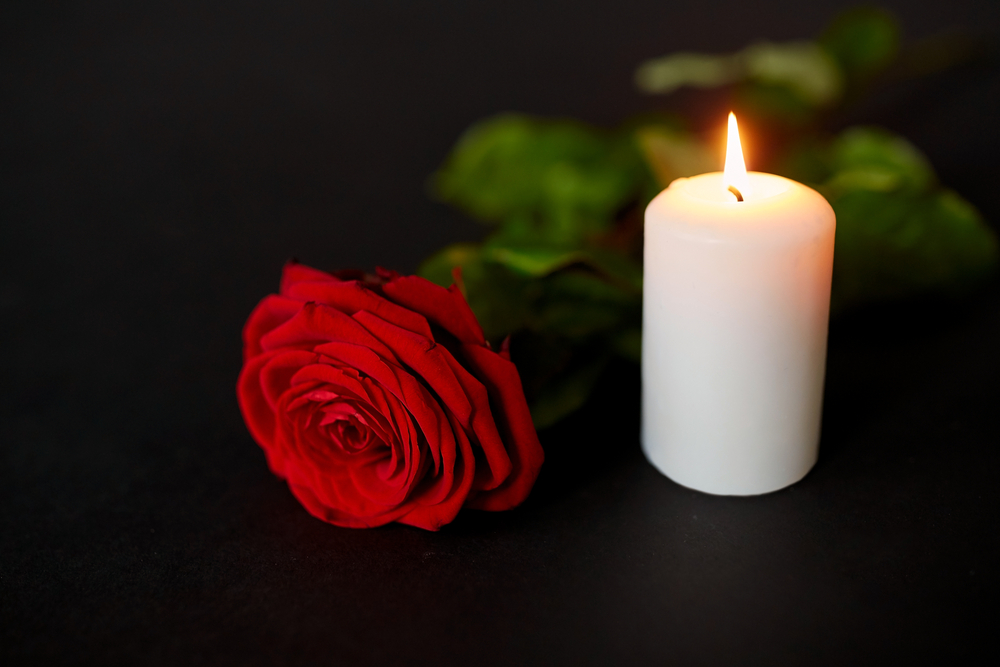Our hearts go out to the families, neighbors, friends, and co-workers of the victims in the weekend mass shooting that occurred in a supermarket in Kingsley, an eastern neighborhood of Buffalo, New York. The victims were innocents, going about their everyday business – buying birthday cakes, shopping for lunch groceries, and picking up fixings for weekend barbecues. Making things even worse, this was apparently a racially motivated hate crime perpetrated by someone who sought out a black community. Human-triggered disasters are particularly difficult to cope with and recover from because they cause us to lose trust and faith in our fellow humans.
Our hearts go out to all those who suffered grievous losses and who will face a difficult recovery from the violence and trauma they have experienced. To glimpse what this recovery entails, see Seth J. Gillihan’s article 21 Common Reactions to Trauma in Psychology Today.
Helpful resources
- Governor Hochul Announces State Resources Available for the Buffalo Community in Response to Horrific Shooting at Tops Supermarket
- Erie County Support Services for the Buffalo Tops Supermarket shooting
- WIVB4: How to help those affected by the Buffalo mass shooting
- Coping with Grief and Loss
- Talking to Children About Violence: Tips for Parents and Teachers
- Master this vital life skill – Supporting someone experiencing grief
We’ve also updated and re-posted response and recovery advice below that we’ve previously posted in the wake of terrible shootings.
Coping with violence and trauma
While everyone is disturbed by such a sudden and terrible set of events, some may feel and react to the news more intensely than others. Reactions may be exacerbated as stories emerge and we learn more about the details of the violence and the personal stories of victims and their families. As memorials occur, we are exposed to the grief and raw reactions of survivors and grieving families.
Events become more personal. Some of the people for whom this might trigger a heightened level of grief, stress, or anxiety include:
People who were involved in the event – Survivors, employees, family members and friends of the deceased and survivors. First responders, police, firefighters, EMTs, and health care professionals who had direct relation to the event or to providing care and support for victims and their families.
People with a connection to the events – This would encompass members of the Kingsley and neighboring communities, and would also include Black Americans throughout the nation due to the targeted nature of the crime.
People who have been a victim of violence themselves – This might encompass people who were prior victims of shootings, assault or other violence, or people who lost loved ones to targeted or random violence. The events might rekindle memories, grief, loss, fear and heightened anxiety.
People who suffer from Post Traumatic Stress Disorder – This might include survivors of other shootings, veterans, victims of 9/11 and many others who experienced trauma and are not able to get beyond it. The events might trigger heightened memories, fear, anxiety, anger, stress, or disruption of eating or sleeping habits, among other things.
Children and young people. Violent events can be particularly frightening to children. The sudden and random nature of events may be terribly upsetting and threatening to a child’s sense of security. Some children may be intensely fearful of their own safety or the safety of loved ones.
Responding to events
Be sensitive to others and how they experience events. People handle stress and grief differently, and we don’t always know what experiences others have had that might intensify a reaction. While some may hear such news and move on, others need time to process and react. Don’t assume everyone feels things the same way that you do – be sensitive to those around you and let them express their feelings.
Limit exposure to gruesome details in the news. The 24-hour nature of social media and cable news mean that we can be bombarded with nonstop news and disturbing images of a disastrous event. This continual exposure can exacerbate anxiety, fear and grief.
Take positive action. When violent events occur, it can shake our faith and trust in our fellow man. Counter these feeling by spending time with family and friends. It can also help to do something to reduce the feelings of helplessness that many experience in the face of such events: Help others. Give blood. Organize or take part in a memorial activity. Write letters. Make a donation. Volunteer.
Consider counseling. If you or somebody else is having a particularly hard time coping with these events, counseling with a professional may be in order. Signs that you or a loved one may need help getting past this might include sleeplessness, heightened anxiety or phobias, and preoccupation with details of events.

